Nearly three-quarters (73%) of the VW Chattanooga workers voted in favour of joining the union, making VW’s Chattanooga’s plant the first unionised foreign car factory in the southern US since the 1940s. It’s a major win for the UAW, which has struggled to expand its influence beyond its Detroit base in recent years.
In a move that could reshape the labour landscape of the American South, Volkswagen workers in Chattanooga, Tennessee, have voted overwhelmingly to join the United Auto Workers union (UAW). This historic ballot, which concluded on Friday with a 73% majority, signals a shift as the UAW expands its influence beyond its traditional Detroit stronghold.
The result of the vote was clear, with 2,628 workers casting their support for the union against 985 nays. This victory makes VW’s Chattanooga’s plant the first foreign-owned vehicle assembly factory in the Southern United States to unionise through an election since the 1940s, marking it as a monumental win for the UAW. It could ultimately lead to changes in manufacturing investments, including location assessments and automation levels.
The success in Chattanooga is one of the UAW’s most significant organisational triumphs in years, especially considering the region’s historically challenging climate for union expansion. The UAW had encountered setbacks in two previous attempts to unionise this very plant in 2014 and 2019. However, this time around, UAW launched a dedicated $40m campaign focused on reaching out to workers in non-union car factories across the South, with VW Chattanooga leading the way as the first to hold an election.
The UAW has organised plants at other manufacturers, including at Daimler Trucks plants in the US, and at tier-1 ZF in Alabama, for example, but has up to now failed to organised at large scale, foreign-owned carmakers.
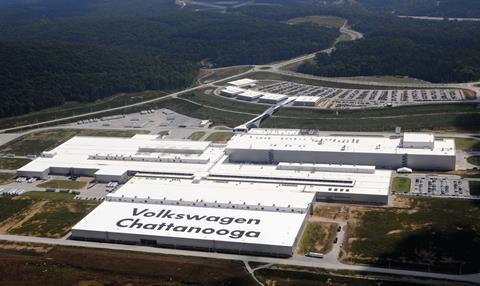
If follows a concerted campaign by local VW workers, assisted by UAW staff, who rallied workers to their cause by pledging that the union would help them fight for better health care and retirement benefits and more paid time off.
The Chattanooga vote holds even greater significance when you consider the UAW’s recent success against the “Big Three” Detroit automakers – Ford, General Motors, and Stellantis. Last year’s strike resulted in a favourable contract for 145,000 workers, including those at the nearby Spring Hill plant in Tennessee.
The implications of the Chattanooga vote go beyond just union membership. It could potentially influence auto manufacturing practices, worker benefits, and even regional economic policies. It also leaves the industry open to more expansive strike action, which could leave suppliers at financial risk. As the UAW gains traction, the auto industry is watching closely. The ripples from this victory could reshape the manufacturing landscape for years to come.
“The effect of this growing unionisation across the US automotive workforce could be a double-edged sword. Whilst it is in theory good for workers pay, conditions, and benefits – the evidence is that this cost must ultimately be borne by the customer through higher vehicle prices, and/or reduced automotive profitability. Unions would argue that too much profitability is being siphoned off through dividends towards Wall Street investors. The counter argument is that investors are financing the auto industry’s massive future investments into EVs,” says Daniel Harrison, Automotive Analyst at AMS.
”However, in the current scenario OEMs are in an intense vehicle price war, particularly in the context of Tesla’s lower production costs, and the imminent threat of even cheaper Chinese EVs, and this means that US automotive OEMs are under intense pressure to cut costs to stand a chance of competing and staying in business.”
”If manufacturing vehicles in the US becomes uncompetitive, then this will inevitably influence current and future investment decisions – potentially shifting production elsewhere, thwarting wholesale industry transformation towards electrification, and accelerating even more rapid automation which could indirectly put more automotive workers out of a job,” Harrison adds.
”In practice, the success of the US automotive industry depends upon a symbiotic and reasonable balance of power between big auto and unions.”
Potential consequences of the Chattanooga vote:
- More southern unions: The UAW is likely to target other southern car factories next, like the Mercedes-Benz plant near Tuscaloosa, Alabama, which holds a vote in May. A string of victories could encourage more southern autoworkers to consider unions.
- Shifting power: A stronger UAW presence in the south could change the balance of power between workers and companies. Unions give workers a collective voice, allowing them to negotiate better wages, benefits, and working conditions.
- Industry impact: The way cars are made in the south could be affected. Unions often advocate for stricter safety regulations and higher quality standards. This could lead to changes in production processes.
- Worker benefits: Chattanooga workers can expect the UAW to fight for better healthcare plans, retirement benefits, and paid time off, as promised during the campaign. This could set a benchmark for other southern car factories.
- Economic ripple effects: A more unionised southern auto industry could have a broader economic impact. Higher wages for workers could boost the local economy through increased spending.



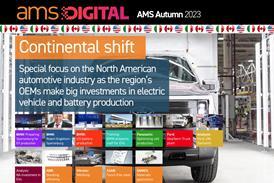


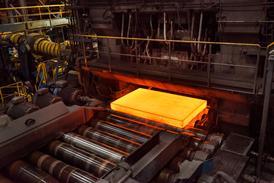
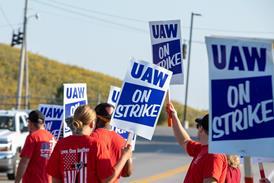
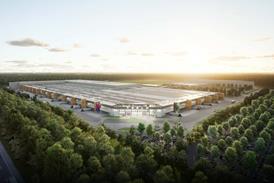
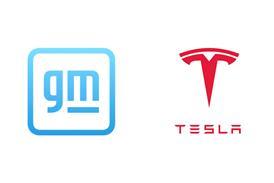
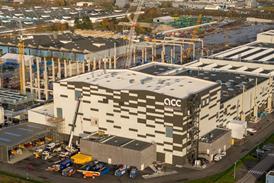


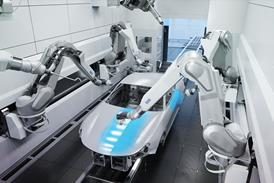





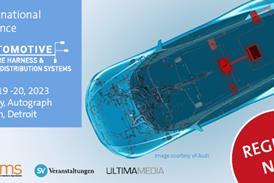

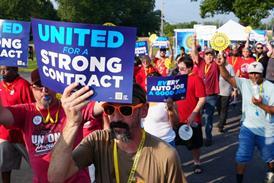


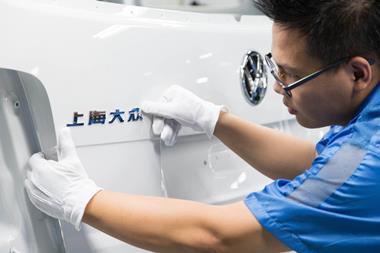


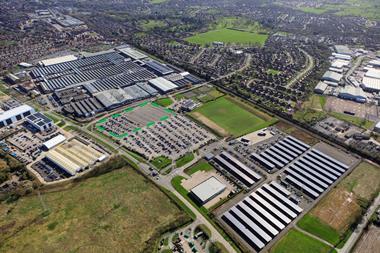
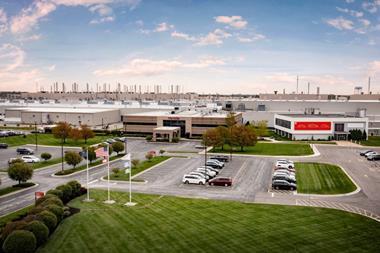




No comments yet